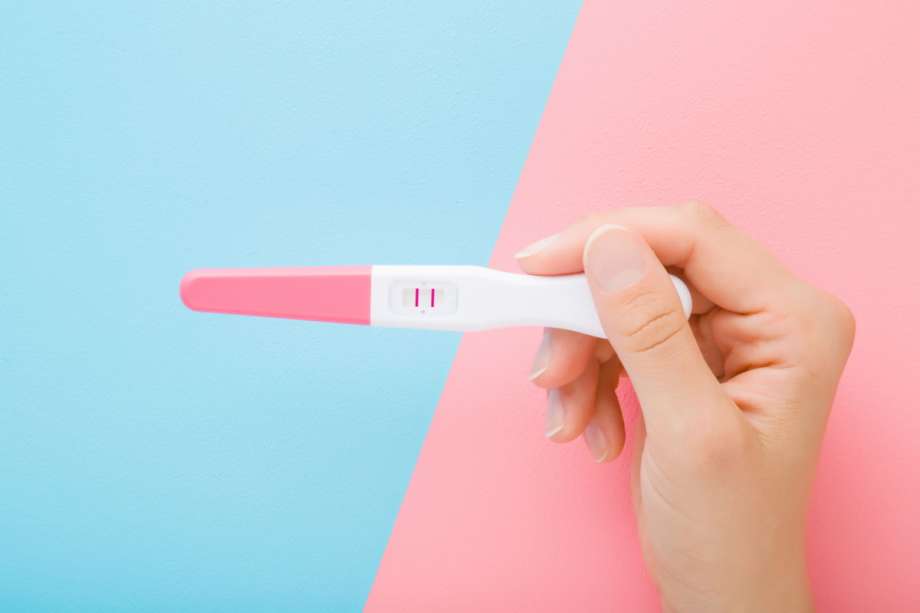10 Questions to Ask Your Doctor If You Want To Get Pregnant Soon

For most people, having a baby is one of the biggest steps they can take in their personal lives. However, before you start trying to get pregnant, you should visit a doctor to determine if you are ready for pregnancy and how to best prepare your mind and body.
More: 8 Steps to Take Before Trying to Conceive
During this visit, it’s important to be prepared and arm yourself with a list of questions and concerns you might have about getting pregnant in order to get the most pertinent information from your doctor regarding your specific situation.
There are the 10 questions anyone trying to conceive should ask their doctor:
Should I Consider Another Doctor?
It may not be common knowledge that all gynecologists do not possess a certificate in the field of childbirth, which is called obstetrics. The first question you should ask your gynecologist is whether they are qualified enough to take care of your concerns. Ask them for recommendations for OBGYNs if they aren’t qualified.
How Long Will It Take Me to Get Pregnant?
This may seem like an unnecessary question at first, but it isn’t. The time it takes to get pregnant varies from couple to couple. A lot of couples need just a few weeks to get pregnant while some couples may take months or even more. A lot of factors impact your ability to get pregnant, like your health, age, and past pregnancies (if any). The doctor will study all of these and give you a clear idea of the estimated time it will take for you to get pregnant and offer suggestions on how to make the process easier on you.
How Will My Health Conditions Affect My Pregnancy?
This is one of the most serious questions about pregnancy that you can ask, but it is also one of the most important. I recommend that you be perfectly honest with your doctor to get an accurate answer to this question. If you have conditions like STDs, PCOS (polycystic ovarian syndrome), or thyroid issues, you may face some difficulty in getting pregnant. In the case of your partner, low sperm motility or count can make things difficult.
Should I Start Taking Any Supplements?
In the months leading up to your pregnancy, you should ask your doctor for recommendations for any supplements you might want to begin taking. While these supplements may vary from person to person, in general, all women who plan to have a baby should include supplements for folic acid in their diet to reduce the risk of several birth defects.
Will My Medications Affect My Chances Of Getting Pregnant?
A lot of medications can reduce your chances of giving birth. This is why you should give your doctor a list of the medicines you are prescribed so that they can switch them with less harmful ones or remove them altogether.
When Should I Stop the Pill?
Birth control pills can seriously disrupt your hormonal cycle. Hence, most of the time, you cannot get pregnant immediately after stopping the pills. Similarly, if you have an IUD, you may want to ask your doctor’s opinion on when to remove it.
What About Diet and Lifestyle?
Conditions like being underweight or overweight can decrease your chances of getting pregnant. They can even lead to complications later like higher blood pressure, diabetes, a C-section, and in the worst case, even a miscarriage. The right nutrition is important for both you and your baby. Ask your doctor about the changes you may need to make to your diet, exercise routine, and general lifestyle.
Why Can’t I Conceive?
If you are below the age of 35 and have been trying to get pregnant for 12 months or more, or if you are above the age of 35 and have been trying to get pregnant for six months, there is a chance that one or both of you may be infertile. Consult your doctor about what may be impacting your ability to conceive, and any subsequent treatments which may follow.
Should I Undergo Genetic Testing?
Genetic testing is recommended to see if either you or your partner carry any genetic or hereditary conditions. It’s better to be aware of these risks and factors prior to conceiving to ensure the best health for you and your baby.
What Should I Do Once I Get Pregnant?
Once you have followed all the guidelines for a healthy pregnancy, you may wonder how soon you should see a doctor. Should you wait? Should you schedule a visit? Should you wait until you have a fetus that can be seen in an ultrasound? Ask your doctor to avoid such confusion.
Pin it to save these questions for later:
Amalia Liberman is a wife and a mother of two as well as a novelist and writer for Top Mom Reviews. She has been featured in Women's Health magazine.